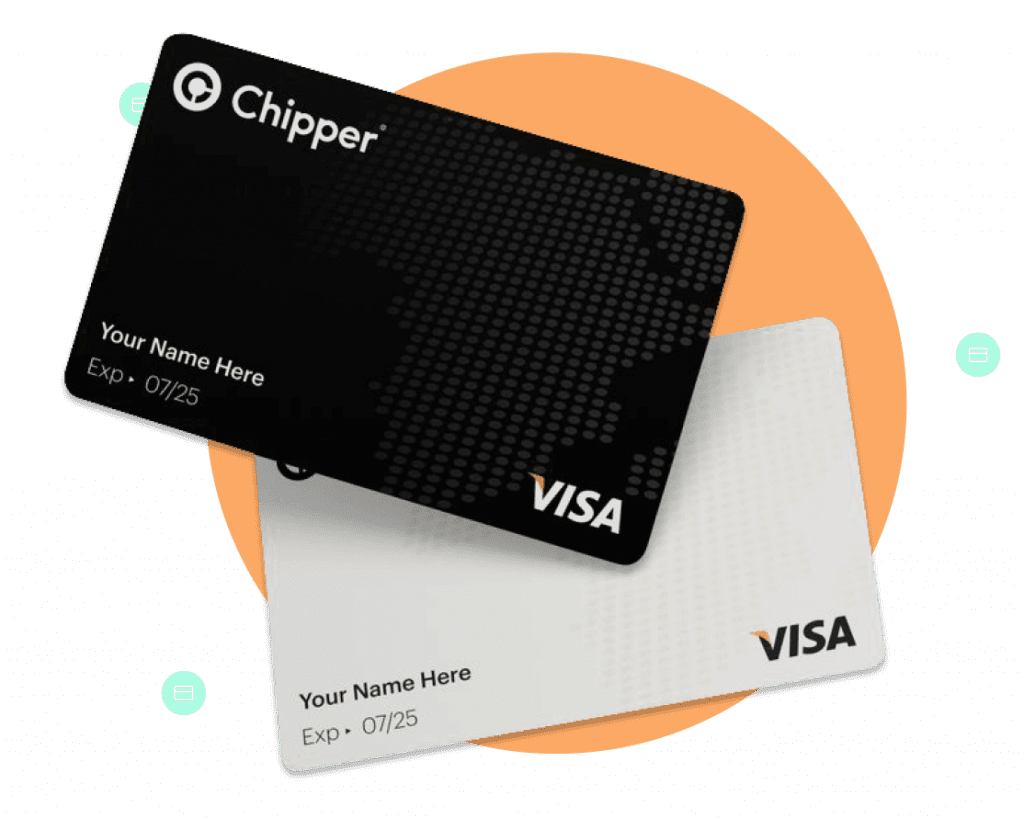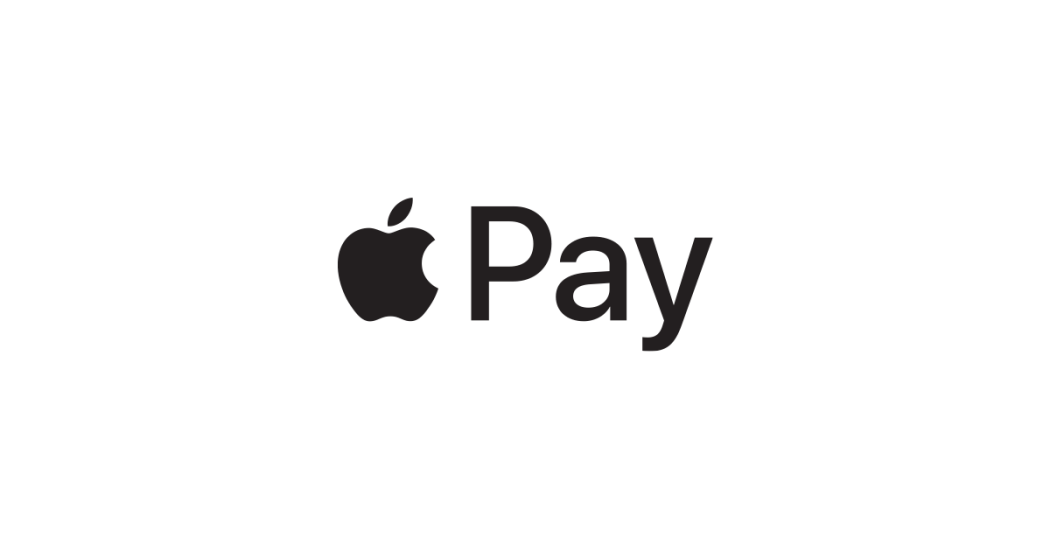In today’s digital world, being constantly connected has become a necessity. Whether for communication, education, or entertainment – continuous internet access plays a vital role in our daily lives.
As a leading telecom operator in Nigeria, Airtel ensures affordable connectivity nationwide. However, data bundles that keep us going all month can burn a hole in our pockets. This is where Airtel’s data sharing feature comes to the rescue for value-conscious users.
In this comprehensive blog post, we will explore everything you need to know about transferring data between Airtel lines. By the end, you’ll be equipped to maximize the benefits of sharing your extra data allocation. So without further ado, let’s get started!
What is Airtel Data Transfer?
Airtel Data Transfer, also referred to as Airtel Me2U or Airtel Share, allows Airtel subscribers to share a portion of their unused mobile data with other Airtel users. This helps customers extend the gift of connectivity to loved ones or even strangers in need.
Some key aspects of Airtel’s data-sharing service include:
- Transfer data directly from one Airtel line to another
- Share upto 200MB of data per transaction
- Transfer to a maximum 2 contacts daily
- A small fee is deducted from the sender’s balance
- No additional cost for the recipient
- Simple OTP-based validation process
This unique feature cultivates a spirit of community while ensuring value-conscious users maximize bundle benefits.
How to Transfer Airtel Data?
Wondering how to use Airtel’s data transfer service? Here are simple step-by-step instructions:
- Ensure Sender & Recipient Numbers Have Airtel Network
- Set/Update Transfer PIN
Dial *321#, select option 3 and create a secure 4-digit code
- Check Sender Balance & Limit
Dial 1311# to view leftover data and the daily transfer cap
- Initiate Transfer
Dial *312#, select option 14, then 4, and follow the prompts
- Enter the Recipient Number & Amount
Maximum 200MB/transaction & 2 persons/day
- Enter Transfer PIN & Conform
OTP sent to the recipient for validation
- Completion Notification
Sender & recipient get SMS on successful transfer
That’s it! Data is instantly shared between lines once the recipient accepts the transfer. Let’s explore key aspects in detail now.
Benefits of Airtel Data Transfer
Affordability: Share up to 400MB/week for as low as N50 max, providing great value to customers.
Save Unused Data: Transfer data before packages expire to avoid wastage of paid quota.
Convenience: Enjoy uninterrupted access while helping others stay online without hassles.
Community Spirit: Extend surplus connectivity to families/friends via a simple OTP-protected process.
Multiple Devices: Recipients can access the internet not just on phones but via laptop/tablet as well.
Customer Satisfaction: By maximizing package lifetime, users feel content with operator services.
In summary, Airtel data sharing introduces an eco-friendly dimension that strengthens bonds while optimizing internet experience for all. A win-win for users and providers alike!
Frequently Asked Questions
Now that basics are clear, let’s address some commonly asked user queries:
Q. What is the maximum daily transfer limit?
A. 200MB per transaction with a maximum 2 transfers daily i.e. 400MB/day limit.
Q. Is there a fee for transferring data? If yes, how much?
A. Yes, N5 charge per transfer is deducted from the sender’s balance. No extra cost for the receiver.
Q. Can PIN be changed regularly for security?
A. Yes, the transfer PIN can be updated by dialing *321# anytime using a new secret 4-digit code.
Q. What if the transaction fails due to network issues?
A. Contact customer care via 1411# for resolution. Failure is rare if steps are followed correctly.
Q. Can the sender view the usage history of shared data?
A. No, only transfer initiation and successful dispatch details are visible to the sender. The recipient maintains independent account access.
Continue reading the post to explore some additional insightful points around maximizing Airtel data transfer benefits. Clearing doubts proactively is also sure to help more users.
Data Transfer Tips and Tricks
Here are some handy suggestions to optimize usage of Airtel’s sharing service:
- Check daily balance before transfer to avoid failures due to insufficient credits
- Transfer small portions regularly rather than max quota in one go for effective utilization
- Share equally among close contacts instead of a single person to spread benefits wider
- Use USSD or the app for instant access instead of waiting on calls to customer care
- Update transfer PIN often and keep it secured secretly like Online banking credentials
- Set limits for recipients for responsible spending to avoid draining their own resources
- Leverage options while the package still remains to prevent the wastage of paid resources
- Resolve issues locally before escalating to higher authorities for prompt assistance
- Offer internet top-ups to needy strangers occasionally for paying kindness forward
Conclusion
In this extensive write-up, we covered Airtel’s useful data transfer service from understanding the concept to exploring key benefits to usage guidelines and best practices. With minute setup complexities, sharing made easy via the operator certainly amplifies the joy of surfing the web.
For most discerning users, this innovative feature instills confidence in service providers while helping sustain a low-cost connectivity ecosystem for remote access to digital opportunities. Sharing is indeed caring.



